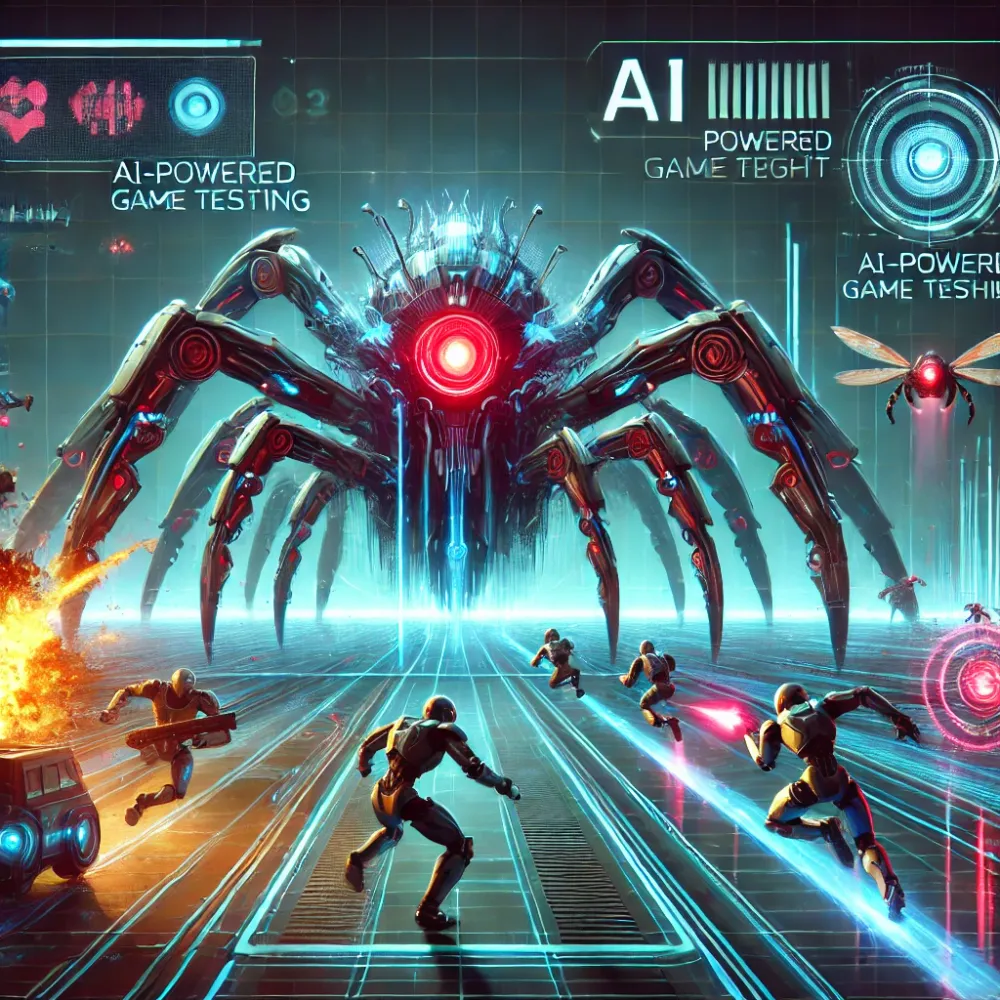The role of AI in game testing: Reducing bugs and enhancing player experience
Artificial intelligence (AI) has become a transformative force in game testing, offering innovative solutions to identify bugs, optimize performance, and enhance overall gameplay quality.
AI-Driven automated testing
AI-powered tools have revolutionized the testing process by automating repetitive tasks and simulating real gameplay scenarios. AI-driven bots can explore various game paths, uncovering bugs, glitches, and performance issues that might be missed during manual testing. This comprehensive approach ensures thorough assessment of game performance and stability (testingxperts.com).
Intelligent bug detection and reporting
Advanced AI algorithms can detect bugs and errors by analyzing game data and player interactions. This capability allows developers to identify and address issues more efficiently, leading to quicker resolutions and a more polished final product (analyticsvidhya.com).
Enhancing test coverage with AI Bots
AI-driven exploratory testing enables bots to navigate the entire game environment, covering extensive content with minimal manual intervention. These bots can simulate diverse player behaviors, ensuring that various gameplay scenarios are tested thoroughly, which enhances the overall quality assurance process (gamedeveloper.com).
Predictive analytics for performance optimization
AI utilizes predictive analytics to anticipate potential performance bottlenecks and areas prone to bugs. By analyzing patterns in game data, AI can forecast issues before they impact the player experience, allowing developers to proactively optimize game performance (ixiegaming.com).
Case study: EA's application of reinforcement learning
Electronic Arts (EA) has demonstrated the application of reinforcement learning to accelerate game testing. By employing automated methods, EA has shown that it is possible to test games more effectively, ensuring a higher quality product upon release (ea.com).
While AI offers significant advancements in game testing, developers should be mindful of potential challenges:
- Integration complexity: Implementing AI-driven testing tools may require substantial changes to existing workflows and infrastructure.
- Data privacy: Ensuring that AI systems handle player data responsibly and comply with privacy regulations is crucial.
- Overreliance on automation: Balancing automated testing with human oversight is essential to maintain a nuanced understanding of player experiences.
By integrating AI into game testing processes, developers can significantly reduce bugs, optimize performance, and deliver a superior player experience, keeping pace with the industry's rapid growth and increasing complexity.




